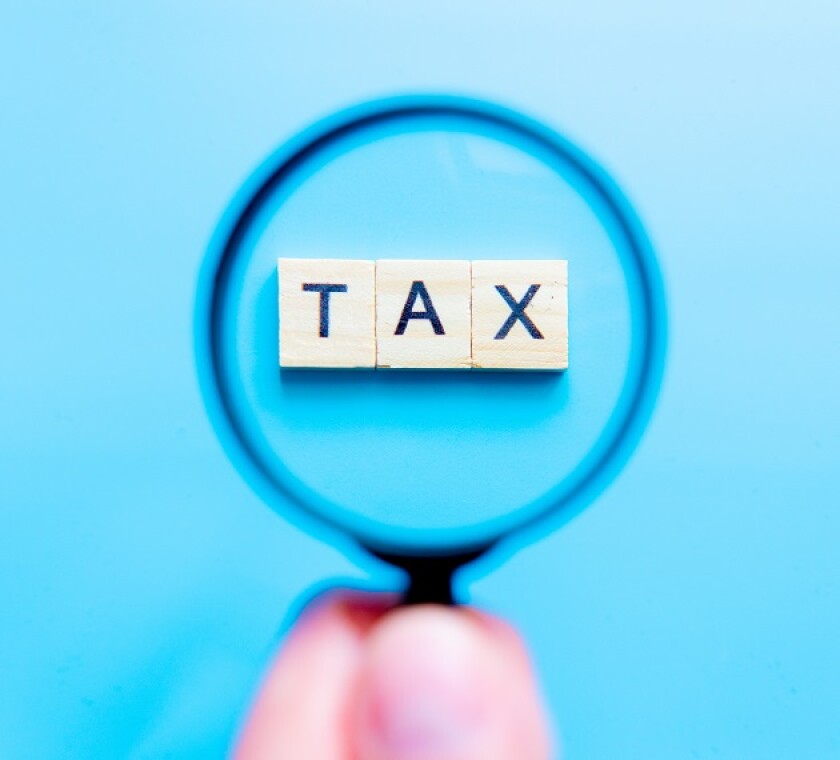Mastercard is caught in a tax trap
In India, a case that has raised debate among tax professionals this week was the Delhi High Court’s disposal of a plea on August 18 made by Mastercard Asia Pacific over its liability to pay India’s controversial equalisation levy.
The court said Mastercard does not have to pay the equalisation levy, which is India’s version of a digital services tax, while another case to determine whether the company has a permanent establishment (PE) in India is ongoing.
However, the disposal of the case does not protect the financial services corporation from having to pay the equalisation levy, with penalties, at a later date. Mastercard’s tax liabilities rest on the outcome of a PE case that is pending judgment before the Delhi High Court.
Together, the two cases suggest Mastercard will either prove it does not have a PE in India and, as a possible consequence, has to pay the equalisation levy with interest and penalties, or lose the PE case and have to pay tax as an Indian PE, losing the benefits of the India-Singapore tax treaty.
The order said the applicant, Mastercard Asia, was “seeking stay” in paying the equalisation levy, which was expanded with effect from April 2020, while the PE case is pending in court. In response, the India Income Tax Department said it had no intention to collect the equalisation levy from Mastercard because the Authority of Advance Rulings (AAR) decided that the company has a PE in India. In addition, it said the levy would not be collected on taxes already paid by the company in India either through income tax paid in advance or as a tax deduction at source made by its customer banks.
Meanwhile, Mastercard is appealing the AAR’s decision before the Delhi High Court, which is being keenly watched as cases on the scope of preparatory and auxiliary activities are gradually building a portfolio of reference case law, although there is still little clarity.
This week in ITR
In ITR this week, taxpayers told us they are struggling to prepare their indirect tax systems to meet post-Brexit requirements where their operations involve Northern Ireland.
“As always, the government hasn’t thought through the complexities,” said one head of tax from a frozen food company that trades across the Irish border.
Trade concerns are not isolated to Brexit, however. With the US-China trade war creating opportunities for other countries to soak up the funds of investors looking to part with their cash, some CFOs warn that India could be left behind.
As ‘litigious India’ deals with the never-ending slew of tax disputes, one article in ITR this week noted that the Indian government’s plans to compete with China may be held back by its flagging advance pricing agreement (APA) programme and a lack of consistency in the country’s transfer pricing (TP) regime.
“The Indian tax system does not provide consistency or confidence which any foreign investor would look for,” said one CFO at a chemical company. “The tax structure in India needs radical improvement.”
The Indian government did, however, launch a platform for “transparent taxation” on August 13 2020, which promises to deliver a simple platform for seamless direct tax administration.
Nevertheless, countries like Vietnam, Thailand, Taiwan, South Korea, Singapore, Malaysia, Indonesia, and the Philippines are seizing the moment to attract foreign investors reluctant to invest in China as the US-China trade war continues and COVID-19 adds further complications.
In the Middle East, meanwhile, many companies are facing higher TP costs at the same that businesses operating across the Gulf Cooperation Council (GCC) region are seeing their profits fall and budgets shrink.
Tax directors told ITR that the costs of TP compliance have increased in the six GCC member states as countries introduce TP regimes to meet the OECD’s BEPS standards. Saudi Arabia, Qatar, Kuwait and Oman have introduced TP laws in recent years.
“Compliance costs are up and advisory costs are also up, but we need some external help,” said one tax director at a Saudi Arabia holding company.
With all the difficulties tax directors are facing at the moment, Marc Mokrab, global tax director at Technicolor, spoke to Danish Mehboob in a podcast this week about the three key trends he sees influencing the future of the tax function, notably corporate responsibility, automation, and business partnering. Listen here.
In more global news, the United Nations (UN) tax committee’s default gross-based tax proposal to address the tax challenges of the digitalised economy has caused some debate because it differs from the OECD’s pillar one plan on several key features.
“There are fundamental problems here and I don’t think that this is overall a feasible alternative approach,” said one VP of global tax at a large investment management company.
Russia protects its tax base
Tax treaties are often a tool of contention. As governments look to tighten their tax nets, the Russian government has targeted the benefits offered in its tax treaties.
After Russia reached an agreement with Cyprus to amend its tax treaty, the government is now eyeing similar terms in its double tax agreements (DTAs) with Hong Kong SAR and Switzerland.
The Russian government threatened to terminate its DTA with Cyprus unless it agreed to a 15% withholding tax (WHT) rate on dividends and interest. The two parties reached a compromise on the DTA’s terms on August 10 and a protocol is due to be signed.
However, Russian President Vladimir Putin is clearly not content with one victory. Deputy Prime Minister Alexei Overchuk has reportedly said in comments broadcast on Russian TV that he intends to address any other DTAs that have less than a 15% WHT rate on interest and dividends. Tax treaties between Russia and the Netherlands, Malta, Hong Kong SAR, Switzerland and Luxembourg could be subject to change in the coming months.
If you would like to provide any comments or feedback on this article or the topics discussed, click here to contact the author.











